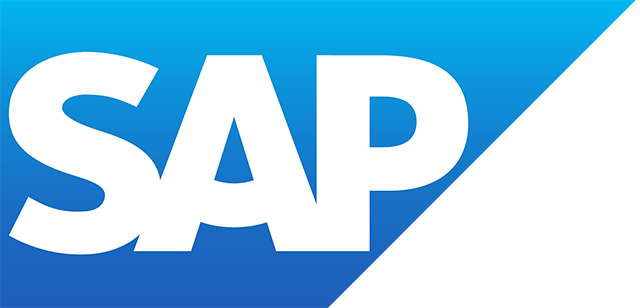SAP Release Management
SAP Release Management
The demand for rapid innovation to support digital transformation has increased across all organizations. Non-SAP applications, especially those in the cloud, are often deployed within months. In an SAPinsider survey, Change Management and Testing in SAP, 40% of respondents said their goal was rapid deployment of updates and upgrades with 61% wanting to reduce business risk and 42% wanting negligible disruption.
SAP Release Management
The demand for rapid innovation to support digital transformation has increased across all organizations. Non-SAP applications, especially those in the cloud, are often deployed within months. In an SAPinsider survey, Change Management and Testing in SAP, 40% of respondents said their goal was rapid deployment of updates and upgrades with 61% wanting to reduce business risk and 42% wanting negligible disruption.
Release management becomes critical in such scenarios. Release management is the process of managing, planning, scheduling, and controlling a software build through testing and deployment in the production environment. The end goal is successful deployment of all planned changes into the production environment.
Like a well-orchestrated supply chain, release management ensures the rollout of series of changes (called release cycles) to achieve the product rollout. There can be major releases which are long projects taking from 1-3 years and minor releases which may take days or weeks.
SAP provides release management capabilities to plan and execute change execution. Some of the benefits of the capabilities are:
- Reduced risk through extensive testing
- Less business risk
- Better test system environment through better planning
- Increased productivity due to standardization, schedules and roles
- Better planning and tracking of implementation activities.
The release process involves several stages of the release cycle.
- Scoping — documenting the requirements and developing the IT requirements.
- Building — developing the software changes for a certain release cycle.
- Testing — testing the changes through various tests such as user acceptance, regression, and integration testing.
- Deploying — implements the technical cutover of the release by importing all transports into production, which is managed using SAP Solution Manager.
System integrators and consultants include Cognizant, Microexcel, TechMahindra.
SAP Solution Manager has long been used to plan, create packages for deployment, and assign requirements and changes to a release. SAP ChaRM is an SAP Solution Manager tool to manage processes that occur in a transition from concept to testing, until final advertising and production. We can track changes and transport requests for change management systems throughout the entire business system. SAP Solution Manager Project will keep track of which requests for transport are linked to which projects and in what order they have for import.
Many specialized vendors have rolled out innovative products to manage change such as Panaya, Rev-Trac, and ServiceNow. As more and more customers move to a continuous integration/continuous deployment (CI/CD) or agile/DevOps approaches, there is significant effort to plan and track all the changes. Strong collaboration, planning, and automation of processes — including testing and rollover — are required.
Read this case study to learn how a Government Organization Improved Its ChaRM Release Strategy and Release Management Process.
Streamline the release management process by using a little-known, out-of-the-box Change Request Management (ChaRM) functionality that requires very little customizing. The main benefits are a clear auditing trace and ease of release planning.








